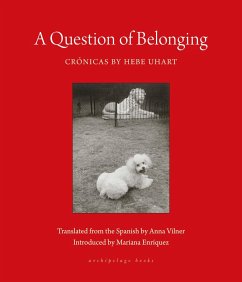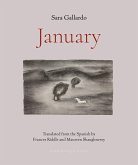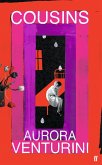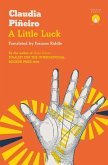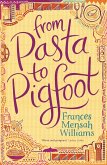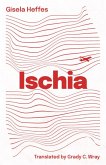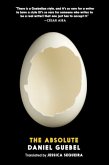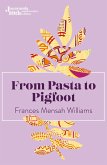"Uhart reinvigorates our desire to connect with other people, to love the world, to laugh in the face of bad intentions, and to look again, more closely: from lapwings, road-side pedicures, and the overheard conversations of nurses and their patients, to Goethe and the work of the Bolivian director Jorge Sanjiéns. "It was a year of great discovery for me, learning about these people and their homes," Hebe Uhart writes in the opening story of A Question of Belonging, a collection of texts that traverse Argentina, Paraguay, Brazil, Spain, and beyond. Discoveries sprout and flower throughout Uhart's oeuvre, but nowhere more so than in her córnicas, Uhart's preferred method of storytelling by the end of her life. For Uhart, the córnica meant going outside, meeting others. It also allowed the mingling of precise, factual reportage and the slanted, symbolic narrative power of literature" --

